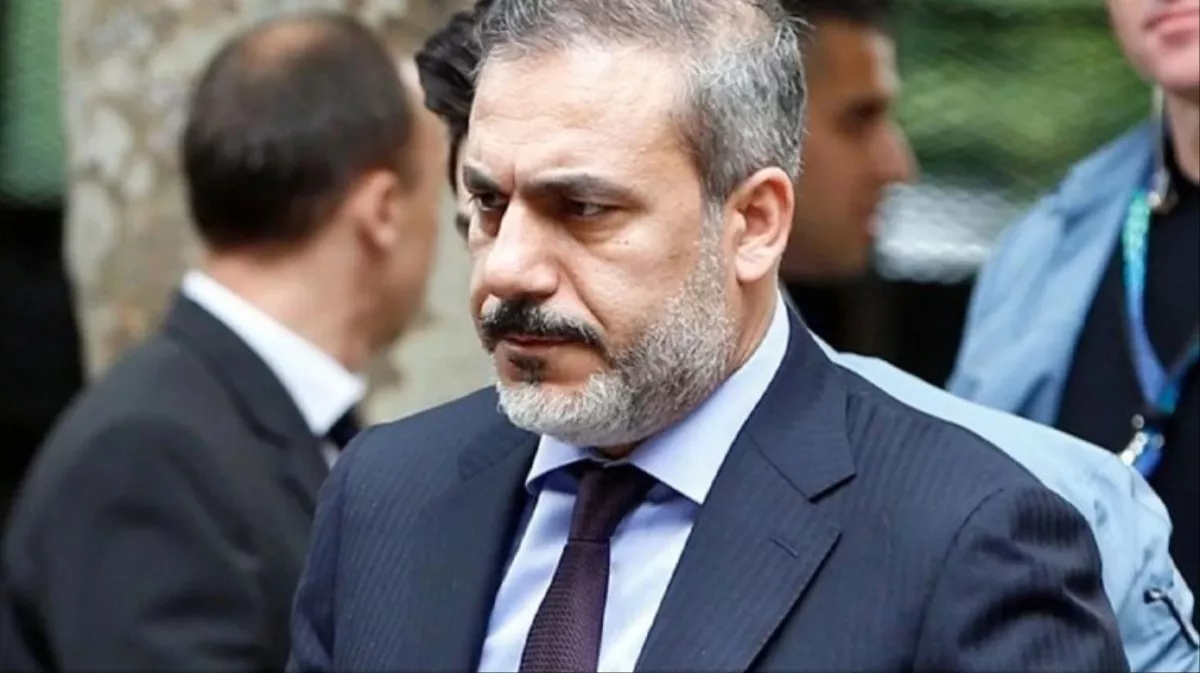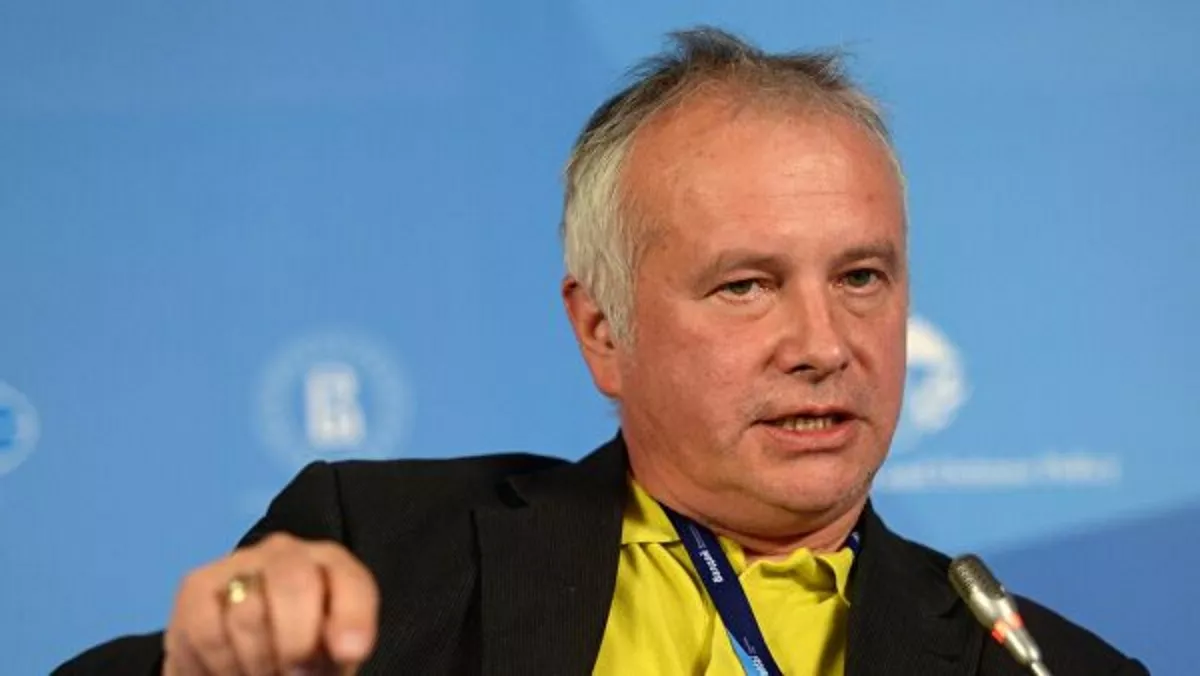UN: between reform and a crisis of effectiveness Expert opinions on Caliber.Az
Türkiye’s Foreign Minister Hakan Fidan stated that the UN Security Council requires reforms and that its decision-making mechanism should be more representative.
“The UN Security Council, like the organisation itself, needs reforms. A decision-making mechanism with broader representation and reach is necessary,” Fidan said in an interview on the program “Happening in Egypt” on the Egyptian TV channel MBC Masr.

He emphasised that updating the Security Council’s structure would enhance the UN’s effectiveness and take into account the interests of a wider range of states.
Earlier, Türkiye’s President Recep Tayyip Erdoğan, speaking at an expanded meeting of the Council of Heads of State of the Shanghai Cooperation Organisation (SCO) in China, also stated that the UN needs serious reforms and is no longer able to fulfil its tasks. Erdoğan regularly advocates reforming the UN and the Security Council, proposing the inclusion of 20 countries on a rotational basis and the elimination of the distinction between permanent and non-permanent members.
Indeed, it is difficult to argue that the UN today is unable to address many global problems. But is the reform proposed by the Turkish side feasible?
Renowned experts shared their assessments on this issue with Caliber.Az.

Sheradil Baktygulov, Director of the Institute of World Policy (Bishkek), noted that the issue of reforming the UN system has been raised for a long time.
“Various countries talk about the UN’s inefficiency. However, their proposals usually boil down to expanding permanent membership in the Security Council. At the same time, each initiating country envisions itself as the new permanent member of the Council.
This is not a reform, but simply an expansion of membership. But why is this necessary? Only permanent members of the Security Council hold veto power. And a single country can—and often does—veto any draft resolution, preventing it from being adopted.
Another key point: only Security Council resolutions are binding on all UN member states. General Assembly decisions, UN conventions, and similar instruments are advisory in nature and rely on the goodwill of states that agree to implement them into national legislation. Therefore, the question of the UN’s effectiveness or ineffectiveness is not determined solely by its structure.
The UN family includes more than 30 specialised organisations—programmes, funds, and institutions—each with its own budget, leadership, and membership,” the analyst emphasised.
According to him, the UN’s effectiveness is primarily linked to the implementation of resolutions from the General Assembly, the Security Council, and the International Court of Justice.
“For example, when the Security Council once adopted four resolutions demanding the withdrawal of Armenian forces from the occupied Azerbaijani territories, Armenia simply ignored their implementation.
A more recent example is Palestine. The UN recognised its statehood and demanded the withdrawal of Israeli troops from Palestinian territories. Israel ignored these demands. And no one faced any consequences. No sanctions were imposed on the countries that violated the resolutions. This is a clear example of the UN’s ineffectiveness.
The problem could be addressed by introducing mandatory penalties for individuals and countries that ignore Security Council resolutions.
Another aspect of inefficiency is the low effectiveness of the UN’s specialised agencies. Here, the solution lies in allocating quotas for leadership positions. It is no secret that top posts are distributed on a country-based principle. However, at the middle-management level, there is a dominance of representatives from Western countries, where instances of nepotism and other negative practices are observed. To correct this, regional and country-based quotas are needed.
Regarding the reform of the permanent membership in the Security Council, for example, Germany proposed including itself with veto power. But why would it need that right?
If 28 or even 12 new members were granted veto power, would the implementation of resolutions change? Would Israel return East Jerusalem to Palestine or the Golan Heights to Syria? No.
What would change is different: the stakes of political bargaining would rise. Decision-making would take longer, as more agreements would be required, since the veto would remain a powerful tool of leverage.
Therefore, it is important to understand which specific problem any proposed UN reform aims to solve and whether it might actually worsen the situation. So far, the media have not reported any clear proposals from countries regarding Security Council reform,” Baktygulov concluded.

German political scientist and professor at the Institute of International Policy WeltTrends (Potsdam), Alexander Rahr, also reminds that attempts to reform the UN Security Council have been made since the end of the Yalta system.
“Everyone understands that the new multipolar world requires a new governing structure. Not only Türkiye, but Germany also claims a permanent seat. However, under the UN Charter, reform is only possible with the consent of all current permanent members of the Security Council—essentially the main nuclear powers. And they block any initiatives from ‘lower-tier’ states.
Neither the US, nor Russia, nor China will give up their veto rights. I cannot envision how reform could practically take place.
What is more likely is a split: the US, together with Europe, will cling to the UN structure in New York, while BRICS countries will create an alternative organisation headquartered in Shanghai. This will not make the world stronger, but the vanity of individual states will be satisfied,” the expert predicts.








